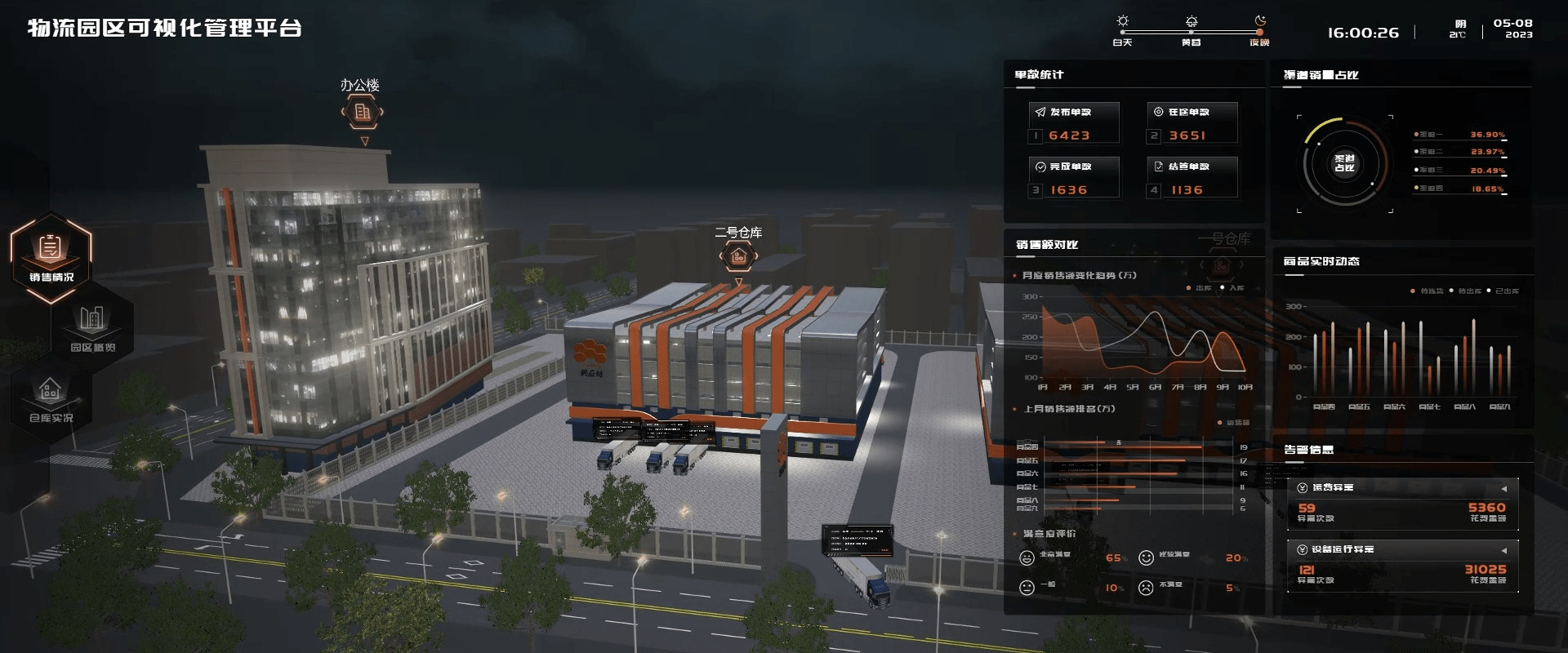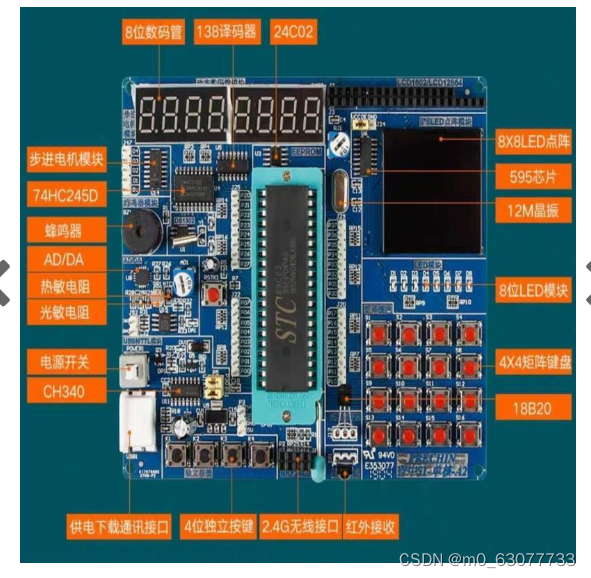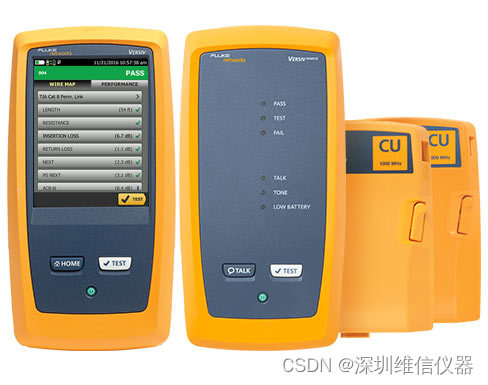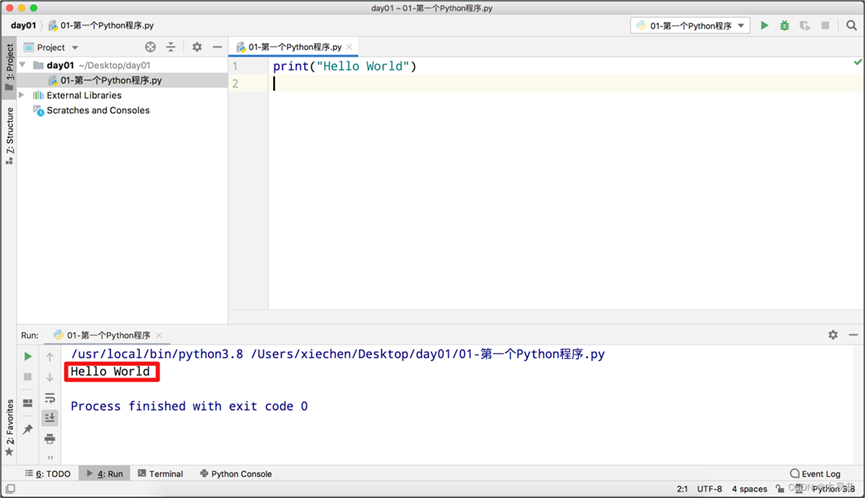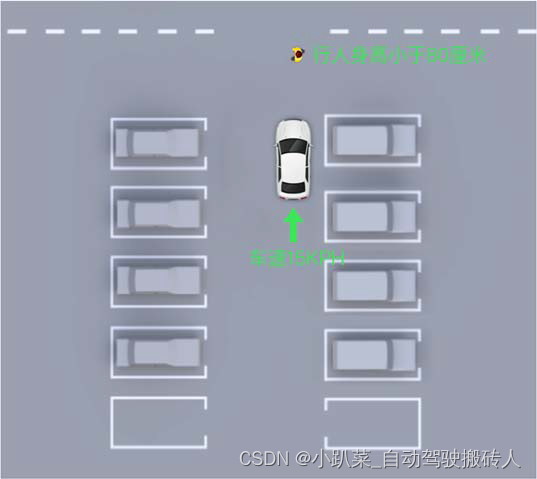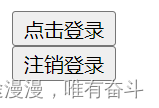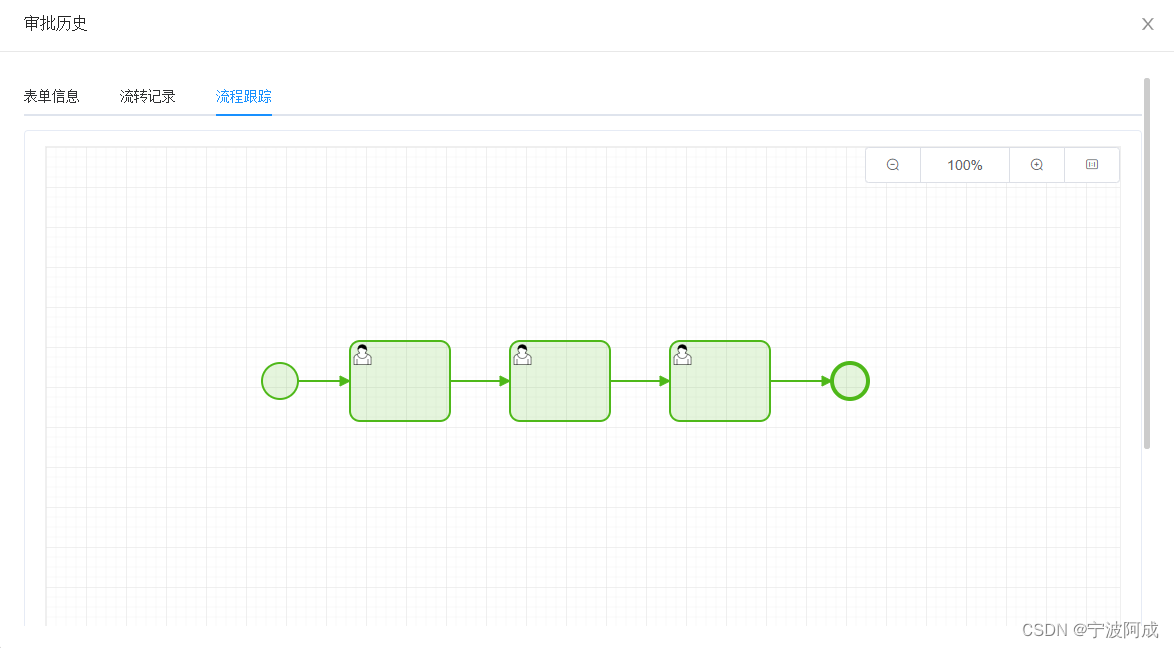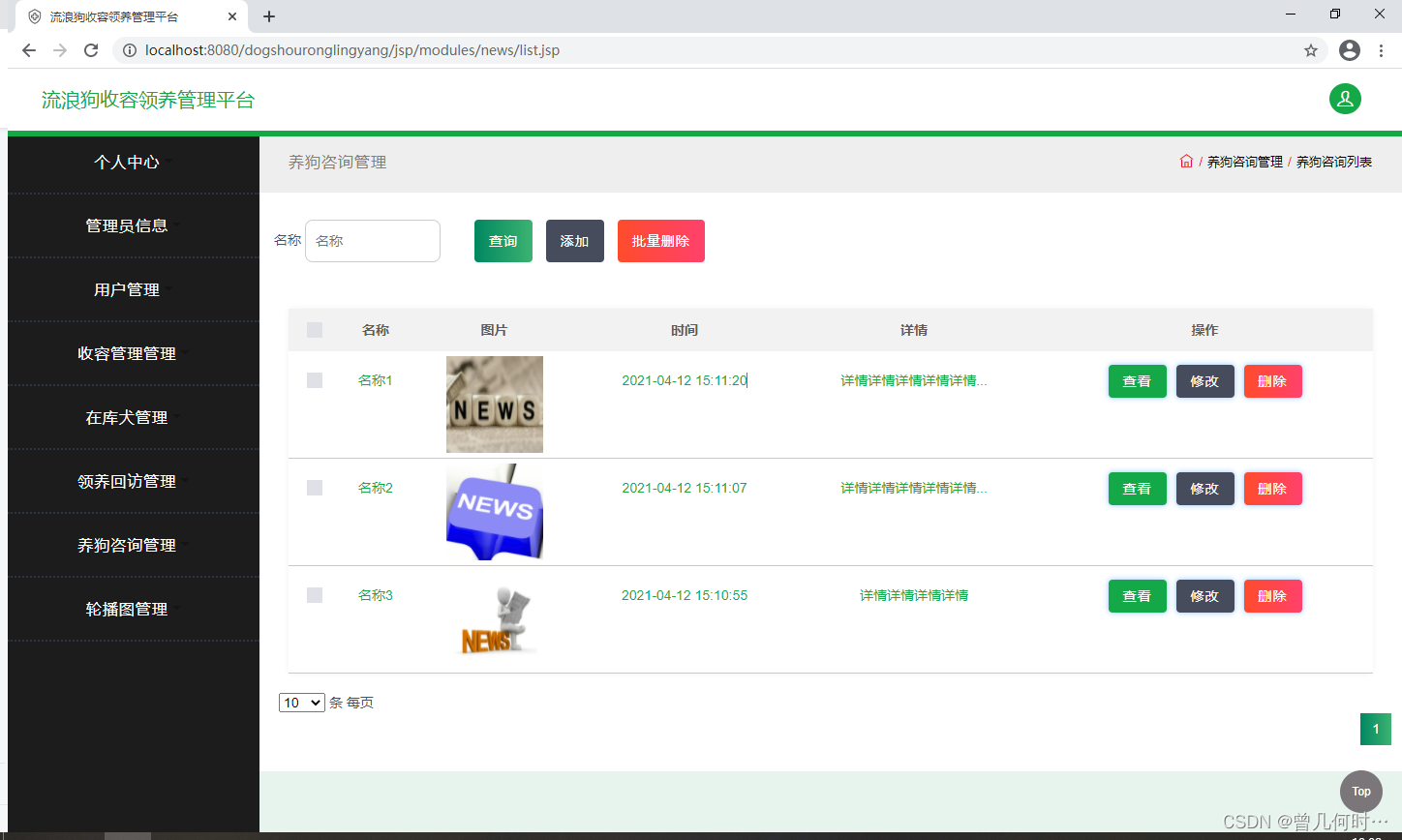Transform用例总结
- 该用例调用JIT的setTransform接口,传入pass对IR代码做了一系列优化。
- 优化一:fac函数的调用者能直接拿到返回值,不在需要进入fac计算了。
- 正常函数调用a = fac(5)需要进入fac函数后才能拿到结果120。
- transform后,a = fac(5)替换为a = 120,编译时将计算前置,提升运行时间。
- 优化二:fac函数内的递归调用被拉平了,使用goto在函数内解决,避免了递归函数调用压栈,提升运行时间。
总结:
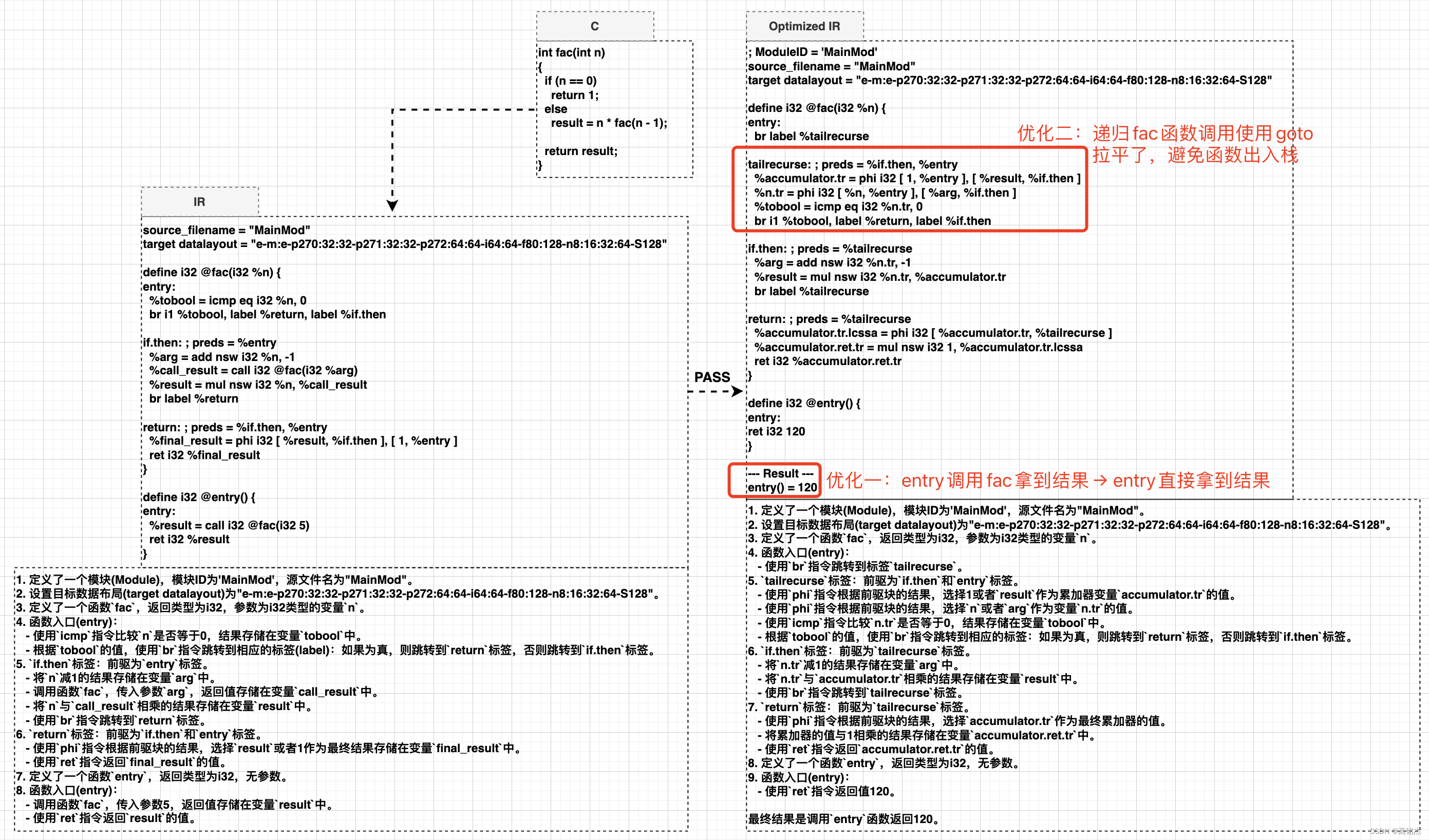
完整用例
#include "llvm/ExecutionEngine/Orc/LLJIT.h"
#include "llvm/IR/LegacyPassManager.h"
#include "llvm/Pass.h"
#include "llvm/Support/InitLLVM.h"
#include "llvm/Support/TargetSelect.h"
#include "llvm/Support/raw_ostream.h"
#include "llvm/Transforms/IPO.h"
#include "llvm/Transforms/Scalar.h"
#include "ExampleModules.h"
using namespace llvm;
using namespace llvm::orc;
ExitOnError ExitOnErr;
const llvm::StringRef MainMod =
R"(
define i32 @fac(i32 %n) {
entry:
%tobool = icmp eq i32 %n, 0
br i1 %tobool, label %return, label %if.then
if.then: ; preds = %entry
%arg = add nsw i32 %n, -1
%call_result = call i32 @fac(i32 %arg)
%result = mul nsw i32 %n, %call_result
br label %return
return: ; preds = %entry, %if.then
%final_result = phi i32 [ %result, %if.then ], [ 1, %entry ]
ret i32 %final_result
}
define i32 @entry() {
entry:
%result = call i32 @fac(i32 5)
ret i32 %result
}
)";
class MyOptimizationTransform {
public:
MyOptimizationTransform() : PM(std::make_unique<legacy::PassManager>()) {
PM->add(createTailCallEliminationPass());
PM->add(createFunctionInliningPass());
PM->add(createIndVarSimplifyPass());
PM->add(createCFGSimplificationPass());
}
Expected<ThreadSafeModule> operator()(ThreadSafeModule TSM,
MaterializationResponsibility &R) {
TSM.withModuleDo([this](Module &M) {
dbgs() << "--- BEFORE OPTIMIZATION ---\n" << M << "\n";
PM->run(M);
dbgs() << "--- AFTER OPTIMIZATION ---\n" << M << "\n";
});
return std::move(TSM);
}
private:
std::unique_ptr<legacy::PassManager> PM;
};
int main(int argc, char *argv[]) {
// Initialize LLVM.
InitLLVM X(argc, argv);
InitializeNativeTarget();
InitializeNativeTargetAsmPrinter();
ExitOnErr.setBanner(std::string(argv[0]) + ": ");
// (1) Create LLJIT instance.
auto J = ExitOnErr(LLJITBuilder().create());
// auto J = ExitOnErr(LLLazyJITBuilder().create());
// (2) Install transform to optimize modules when they're materialized.
J->getIRTransformLayer().setTransform(MyOptimizationTransform());
// (3) Add modules.
ExitOnErr(J->addIRModule(ExitOnErr(parseExampleModule(MainMod, "MainMod"))));
// ExitOnErr(J->addLazyIRModule(ExitOnErr(parseExampleModule(MainMod, "MainMod"))));
// (4) Look up the JIT'd function and call it.
auto EntryAddr = ExitOnErr(J->lookup("entry"));
auto *Entry = EntryAddr.toPtr<int()>();
int Result = Entry();
outs() << "--- Result ---\n"
<< "entry() = " << Result << "\n";
return 0;
}



